Blackheads On Cheeks: Causes, Home Remedies, & Preventive Tips
Easy home remedies to help you control blackheads and keep your skin blemish-free.
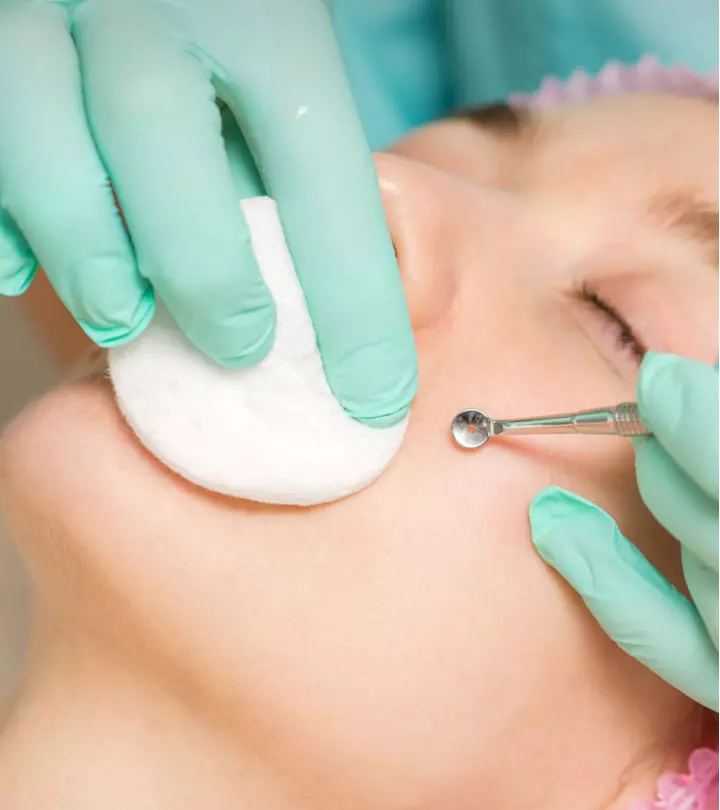
Image: Shutterstock
Blackheads on the cheeks are not uncommon. They mainly occur when the oil, sebum, and dirt in the skin pores push through it, exposing the tip, which oxidizes and turns black. You might have seen blackheads on the nose. However, they can appear anywhere on the body, especially the oily surfaces and the cheeks. Luckily, you can get rid of them with simple home remedies and other treatment options.
In this article, we have explored why you get blackheads on the cheeks, some remedies you may try, and professional treatment options for blackhead removal. Keep reading to learn more.
In This Article
What Are Blackheads?
Blackheads, also known as open comedones, are a form of acne. They form when excess oil and dead skin cells accumulate in skin pores and react with the oxygen in the air. This oxidation process causes the trapped material to turn black, giving blackheads their characteristic color and name.
Blackheads can occur on various parts of the body, including the cheeks, nose, chin, shoulders, and arms. Though not serious, some people may find them annoying and cosmetically bothersome.
Therefore, it is important to learn about their causes to manage them easily. Learn further in the next section.
Key Takeaways
- Blackheads on cheeks can occur due to excessive oil production, stress, hormonal imbalances, or clogged pores.
- The right blend of ingredients combined with simple home remedies can help remove and prevent blackheads.
- Blackheads on the cheeks can be prevented by regular exfoliation, following a healthy diet, and practicing good hygiene.
What Causes Blackheads On Your Cheeks?
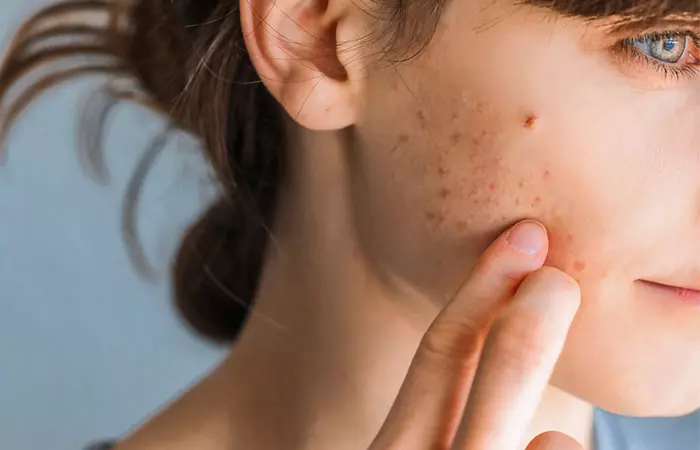
Common causes of blackheads on your cheeks could be:
- Clogging of hair follicles by dead skin cells
- Production of excess sebum (oil)
- Hormonal changes during puberty, menstruation, and pregnancy (they might affect sebum production) (1)
- Excess sebum production triggered by medications like lithium, steroids, and anticonvulsantsi A type of drug that is used to prevent or treat seizures (uncontrolled electrical disturbance in the brain). (2)
- Exposure to sunlight and humid weather (3)
- Stress (4)
- Unhealthy diet (foods rich in animal products, and fatty and sugary foods) (5)
A study conducted on 44,689 participants found that 43.35% of them suffered from 1 dermatological condition in the previous year, out of which 12% had acne. It was further observed that the overall prevalence of acne was 5.4% for those aged 18 and above.
 Trivia
TriviaWondering how to get rid of blackheads? They can be removed with the right use of ingredients. Here are some natural blackhead removal methods and home remedies.
Home Remedies To Reduce Blackheads On Your Cheeks
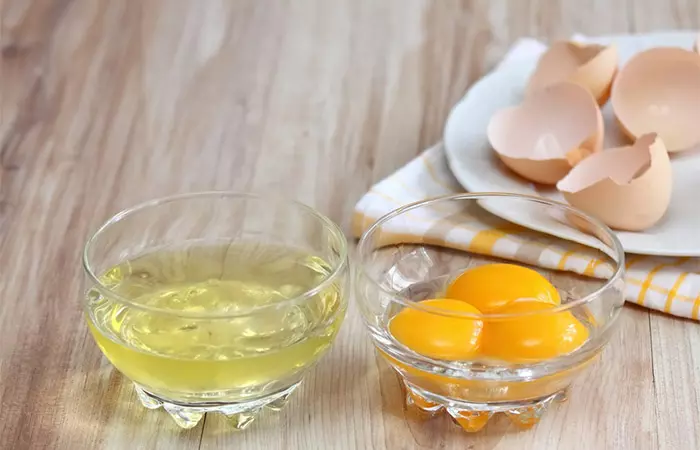
1. Egg White Face Mask
Egg whites are high in nutrients and may help tighten pores temporarily.
An egg white mask not only replenishes your skin with nutrients but may also help remove blackheads. Though the benefits of egg whites for skin have no scientific backing, they are a popular DIY skincare ingredient and are often recommended for how to get rid of blackheads on the nose.
What You Need
- 3-4 eggs
- 3-4 tissue papers
- A bowl
How To Use
- Cleanse and wipe your face dry.
- Separate the egg white from the yolk.
- Apply the egg white to your skin, place tissue paper on the top, and let it dry.
- Apply a second layer of egg white to the tissue and gently press it down (you can continue to apply 3 to 4 layers, but make sure each layer is dried before you move on to the next).
- Remove the tissues and wash your face.
- Apply a moisturizer after patting your face dry.
Betty Nzeka, a YouTuber, tried an egg white and tissue layer face mask to get rid of blackheads. Observing its positive impact, she remarks in one of her videos: “This [the mask] definitely pulled out a lot of my blackheads (i),” noting that it was especially effective on her nose bridge though she used it on her entire face.
2. Sugar Scrub
Sugar is abrasive and works as a natural exfoliating ingredient (6). This is especially effective if you are looking to treat blackheads on the chin. Add any skin-friendly oil (like coconut, olive, almond, or jojoba oil) to sugar to make the scrub. This scrub may also boost and preserve skin moisture.
What You Need
- 1 cup of white/brown granulated sugar
- 3 tablespoons of any skin-friendly oil
How To Use
- Mix the white/brown granulated sugar with the skin-friendly oil.
- Scrub for a few minutes and rinse off with lukewarm water.
3. Tea Tree Oil
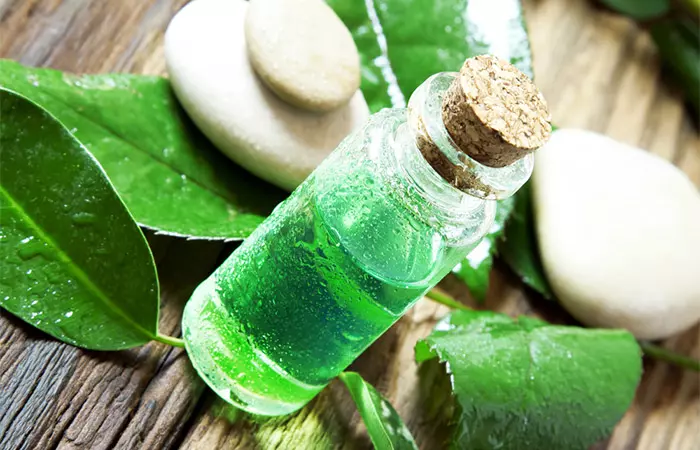
Tea tree oil helps dry out blackheads. Its antimicrobial qualities may fight acne-causing germs (7).
What You Need
- Tea tree oil
- Cotton ball
How To Use
- Wash your face with warm water and a cleanser. Pat your face dry.
- Dab the oil to the skin with a cotton ball.
- Rinse off after 15 to 20 minutes.
4. Raw Honey Scrub
Honey is known to prevent microbial growth on the skin
(8). It contains humectants, which moisturize the skin and assist in removing blackheads and whiteheads (9), (10). It also nourishes and exfoliates the skin and may even improve your complexion. If you are still struggling to find answers for the question of how to remove deep blackheads from cheeks naturally, this natural remedy comes as an effective solution.
What You Need
- 1 spoon sugar
- 1 teaspoon lemon juice
- 1 teaspoon raw honey
How To Use
- Mix the sugar, lemon juice, and raw honey.
- Scrub your face and wash off with cold water.
5. Steam
Using hot steam on your face will open up your pores
(11). This makes it easier for you to remove the blackheads and whiteheads. Steam also cleanses your pores by removing dirt, germs, oil, and other contaminants.
Note: The key to having smooth and clear skin is a regular facial cleansing and exfoliation routine. Cleanse your skin every day and exfoliate once or twice a week.
Keep in mind that simple skin cleansers may not be able to remove blackheads. Look for salicylic acid in creams, lotions, or gels (12).
What if your blackheads don’t clear away despite trying these home remedies for several weeks? Seek professional treatment from a dermatologist. Here are some of the professional treatment options for blackheads.
Professional Treatment Options For Blackheads On Your Cheeks
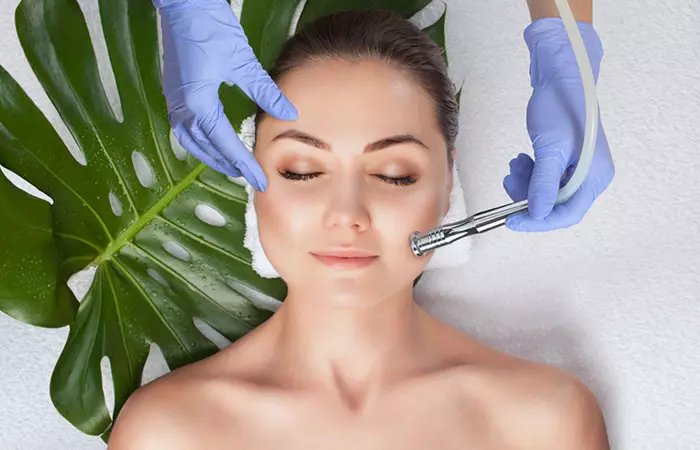
1. Microdermabrasion
Microdermabrasion is a popular technique used to treat several skin conditions, including acne and acne scarring
(13). This treatment involves using a handheld abrasive device. The device exfoliates the skin using a stream of fine crystals and a vacuum to remove dead skin cells from the face. This procedure might help open up blocked pores and remove blackheads.
2. Chemical Peeling
Chemical peeling is another widely used procedure in the management of acne and acne scars
(14). It involves the application of exfoliating chemical solutions like salicylic acid and trichloroacetic acid to the affected skin areas. These chemicals help remove damaged skin cells and regenerate new ones.
3. Comedone Extraction
Blackheads are medically known as open comedones. Your dermatology expert may consider extracting the comedones gently using an instrument called a comedone extractor. Since this is done at a doctor’s clinic, you can be sure that the instruments are sterilized and free of bacteria. Your dermatologist may prescribe topical preparations containing retinoidsi A class of medications derived from vitamin A that helps reduce the look of discoloration and fine lines. to prevent further appearance of blackheads.
 Quick Tip
Quick TipPrevention is better than cure. Taking a few simple beauty and skin care steps can help prevent blackheads on your cheeks. Here is a list of tips you can follow.
Tips For Preventing Blackheads On Your Cheeks
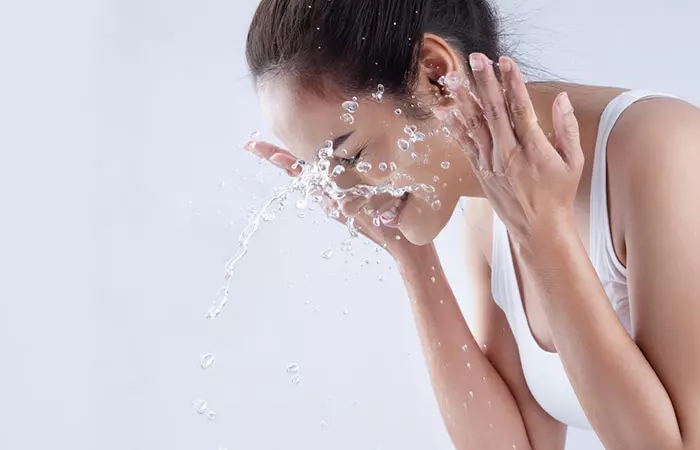
- Wash your face at least twice a day.
- Remove all your makeup with appropriate cleansers before going to bed.
- Use physical exfoliants like sugar or salt scrubs to keep oily skin clean.
- Avoid comedogenici A substance or skin care product that tends to clog skin pores and encourage blackhead formation or acne. cosmetics and skin products.
- Use a clay or charcoal mask once in a while.
- Maintain a healthy diet, drink lots of water, and protect your skin from the sun.
- Avoid smoke and other contaminants.
- Avoid touching your face unnecessarily.
- Wash sheets and pillowcases regularly.
- Use over-the-counter products containing benzoyl peroxide or salicylic acid to dry out excess oil (15).
- Avoid squeezing blackheads. Squeezing may aggravate them.
Infographic: Causes For Blackheads On The Cheeks And How To Prevent Them
Blackheads usually occur on the nose, but it is not uncommon for them to occur on your cheeks as well. This type of non-inflammatory acne may show up on your face due to various causes. In the infographic, below we have compiled a list of causes that lead to blackheads and tips to prevent them. Take a look!

Illustration: StyleCraze Design Team
Blackheads are a type of acne caused when dirt and dead skin cells clog the skin pores. They can appear everywhere on the body, particularly on oily skin, especially at the cheeks, and even cause acne blemishes. Blackheads can be removed and prevented by using easy home treatments with the appropriate components. It is important to remember that the skin doesn’t clear up overnight. If the above-mentioned home remedies do not work for you, get expert assistance in determining the best treatment choice. Keep in mind that prevention is always preferable to treatment. To keep blackheads at bay, follow these simple preventive techniques.
Frequently Asked Questions
What are the best over-the-counter products for treating blackheads?
Some of the most effective over-the-counter products that you can try for removing blackheads include salicylic acid cleansers, benzoyl peroxide treatments, retinoid creams, clay masks, and pore strips.
Is it possible to permanently remove blackheads?
Yes. While blackheads can be removed permanently, you still need to maintain a proper skin care routine to ensure they do not form again. Consider adding a gentle exfoliating toner with salicylic acid or AHA and BHA, pore strips, or clay masks to your beauty regimen.
Do blackheads go away naturally?
It depends on how deep your blackheads are. If the blackheads are closer to the surface, they might go away on their own. If the blackheads are deeply embedded in your skin, you can use natural remedies or medical treatments to reduce blackheads.
Do blackheads leave holes?
Blackheads can leave open and enlarged pores post removal. You can use a toner and gentle moisturizer to keep your skin smooth and hydrated.
What happens if you don’t remove blackheads?
If you don’t remove blackheads, they could become deep blackheads, which could lead to bacterial infections. Ensure you sanitize your skin before and after the procedure to prevent any contamination. If blackheads aren’t removed promptly, it could lead to inflammation and skin irritation.
Does every facial remove blackheads?
Facials can help remove blackheads, but it’s important to choose the right one. You can opt for microdermabrasion facials, which can exfoliate and “suck” out some blackheads. Then, an experienced facial therapist can manually remove the blackheads that are not removed through this process.
Can blackheads on cheeks be a sign of a more serious skin condition, such as acne or rosacea?
No, while blackheads are not usually linked to rosacea, they are a type of mild acne and can show up even if you don’t show any other signs of acne. Consult a dermatologist to figure out the underlying cause and get the appropriate treatment.
Can blackheads on cheeks be prevented by making dietary changes or lifestyle adjustments?
Yes, exercising regularly, following a proper skincare routine, and eating a balanced diet rich in fruits, vegetables, and whole grains may help prevent blackheads and improve skin health.
How do I choose the right skincare products to prevent and treat blackheads on cheeks?
A regular skincare routine that involves cleansing, exfoliating, and moisturizing may help prevent blackheads. Products with salicylic acid and retinoids can help exfoliate and get rid of blackheads. Keep your skin type and skin issues in mind when choosing your products.
Illustration: Blackheads On Cheeks: Causes, Home Remedies, & Preventive Tips
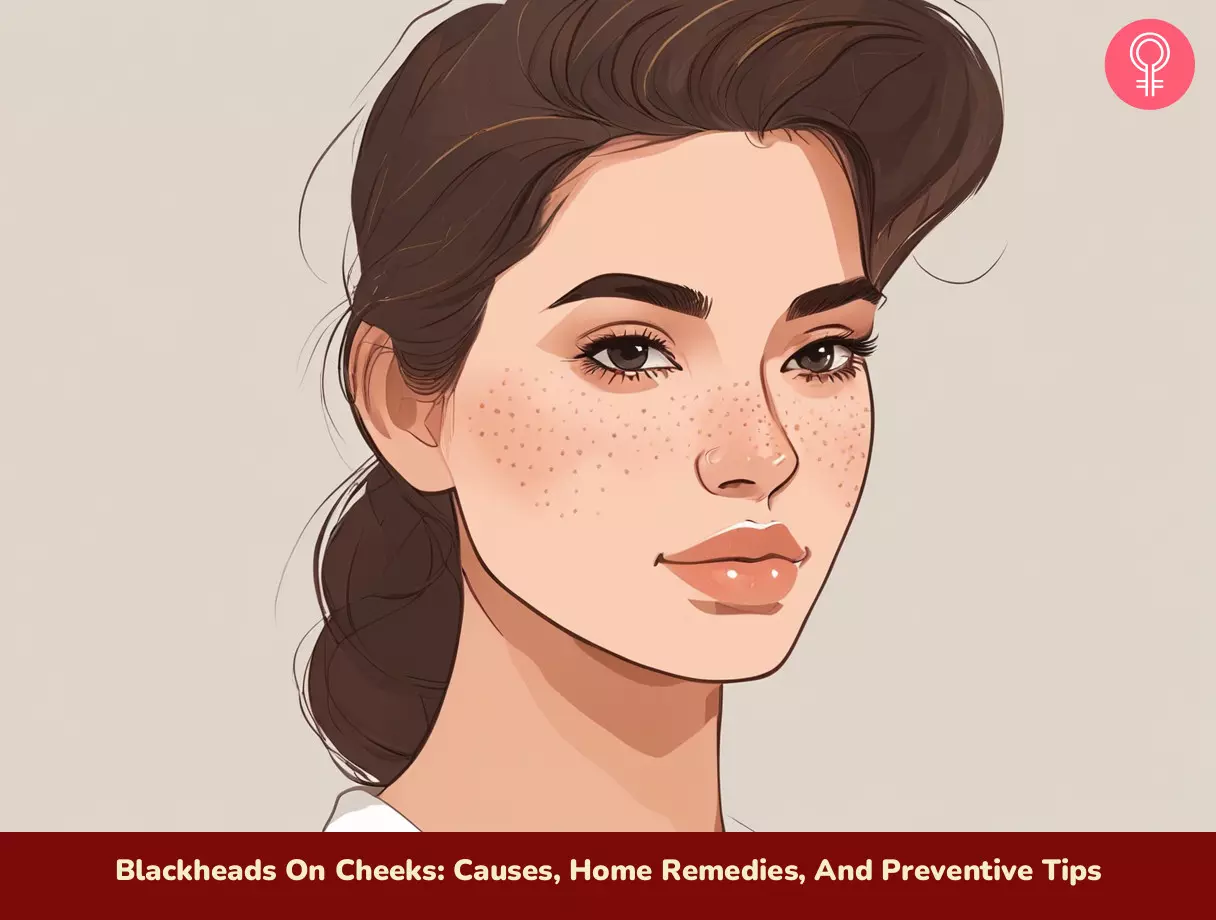
Image: Stable Diffusion/StyleCraze Design Team
Say goodbye to stubborn blackheads and whiteheads with expert guidance. Explore the causes behind them, discover effective treatments, and learn dermatologist-recommended home remedies to achieve flawless skin in the video given below. Watch it to learn more!
Personal Experience: Source
StyleCraze's articles are interwoven with authentic personal narratives that provide depth and resonance to our content. Below are the sources of the personal accounts referenced in this article.
i. DIY EGG BLACKHEAD PEEL OFF MASK *must try!*https://www.youtube.com/watch?v=J8v6-KvoPC8
References
Articles on StyleCraze are backed by verified information from peer-reviewed and academic research papers, reputed organizations, research institutions, and medical associations to ensure accuracy and relevance. Read our editorial policy to learn more.
- Adult female acne: a guide to clinical practice
https://www.ncbi.nlm.nih.gov/labs/pmc/articles/PMC6360964/ - Acne Vulgaris
https://www.ncbi.nlm.nih.gov/books/NBK459173/ - Seasonal aggravation of acne in summers and the effect of temperature and humidity in a study in a tropical setting
https://pubmed.ncbi.nlm.nih.gov/30238598/ - The Impact of Pyschological Stress on Acne
https://pubmed.ncbi.nlm.nih.gov/28871928/ - Association Between Adult Acne and Dietary Behaviors
https://jamanetwork.com/journals/jamadermatology/fullarticle/2767075 - Skin Care with Herbal Exfoliants
https://www.researchgate.net/publication/224892687_Skin_Care_with_Herbal_Exfoliants - Antimicrobial and Improvement Effects of Tea Tree and Lavender Oils on Acne Lesions
https://www.researchgate.net/publication/269338129_Antimicrobial_and_Improvement_Effects_of_Tea_Tree_and_Lavender_Oils_on_Acne_Lesions - Honey in dermatology and skin care: A review
https://www.researchgate.net/publication/259200803_Honey_in_dermatology_and_skin_care_A_review - The Role of Moisturizers in Addressing Various Kinds of Dermatitis: A Review
https://www.ncbi.nlm.nih.gov/pmc/articles/PMC5849435/ - Moisturizers for Acne
https://www.ncbi.nlm.nih.gov/labs/pmc/articles/PMC4025519/ - Skin care for acne-prone skin
https://www.ncbi.nlm.nih.gov/books/NBK279208/ - Salicylic acid as a peeling agent: a comprehensive review
https://www.ncbi.nlm.nih.gov/pmc/articles/PMC4554394/ - Microdermabrasion: an evidence-based review
https://pubmed.ncbi.nlm.nih.gov/20048628/ - Chemical peels in active acne and acne scars
https://pubmed.ncbi.nlm.nih.gov/28274356/ - Over-the-counter Acne Treatments
https://www.ncbi.nlm.nih.gov/labs/pmc/articles/PMC3366450/
Read full bio of Dr. Preethi Nagaraj
Read full bio of Monomita Chakraborty
Read full bio of Anjali Sayee
Read full bio of Swathi E






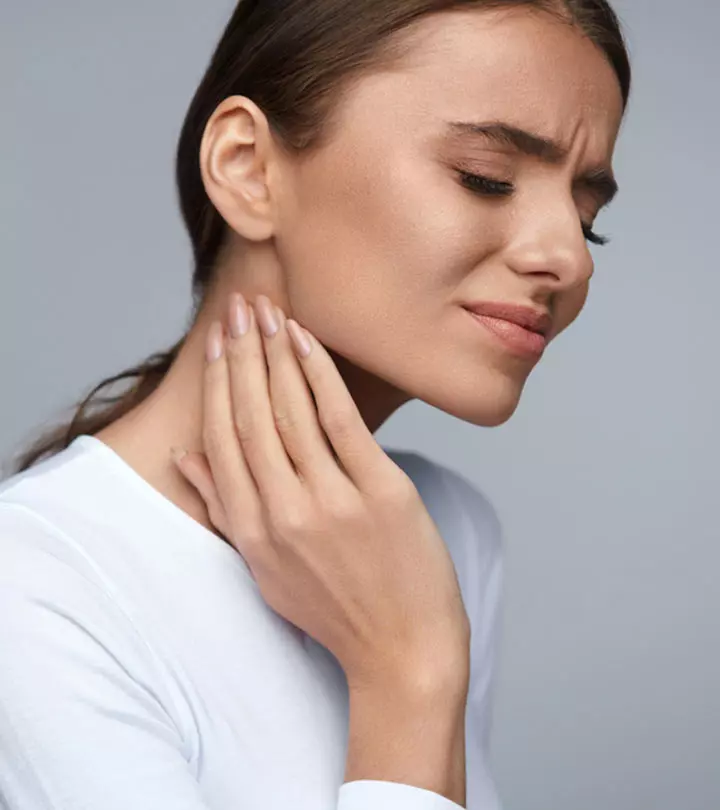
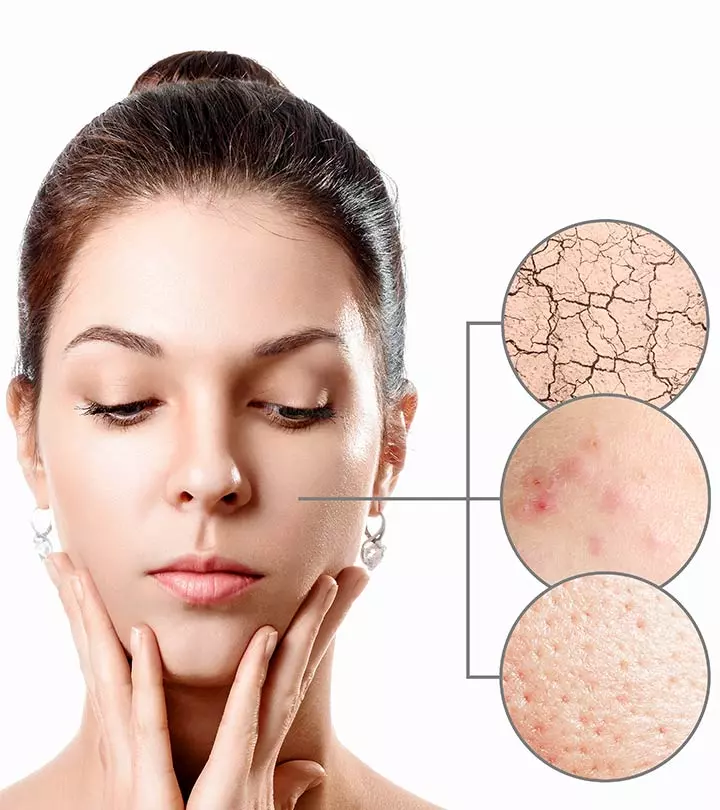
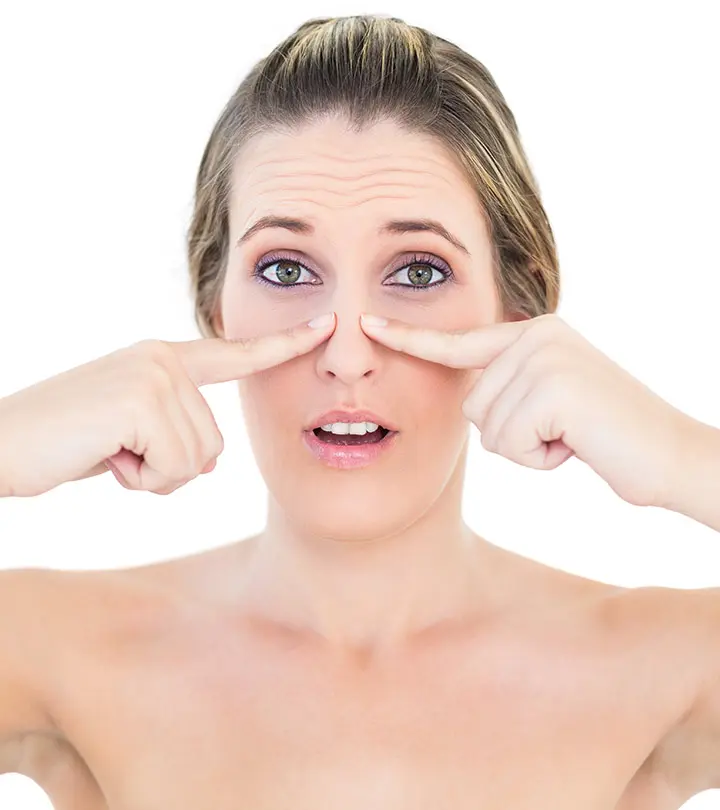
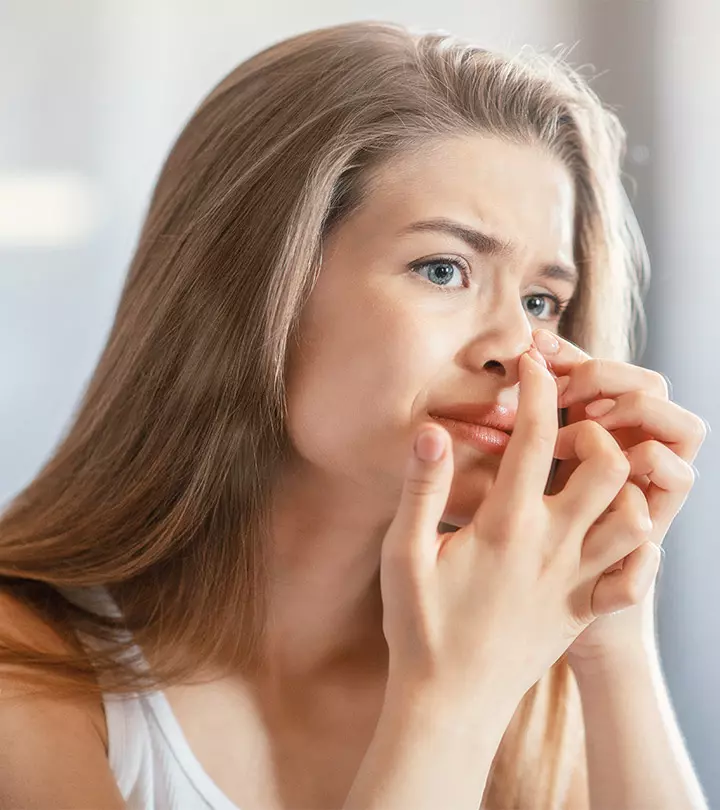
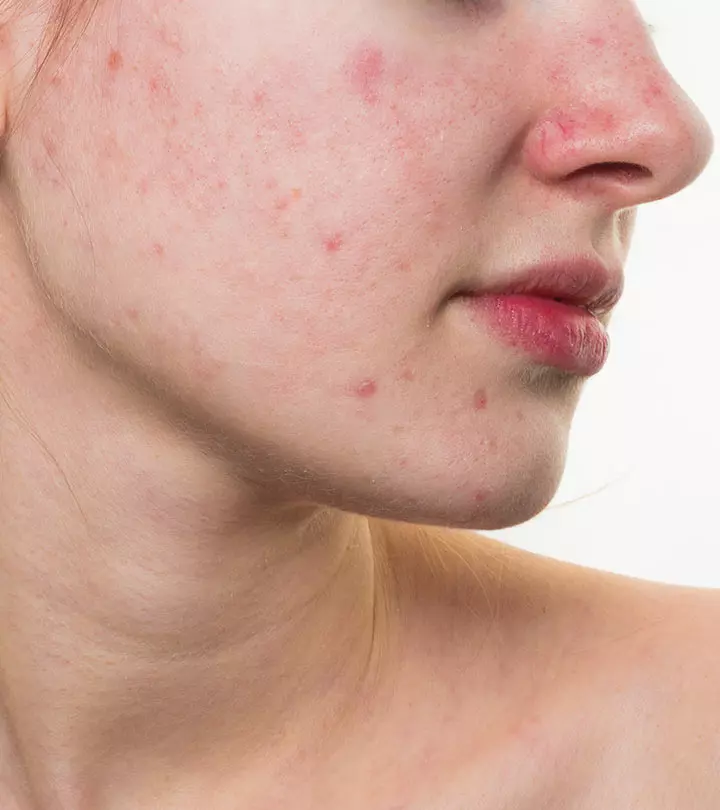
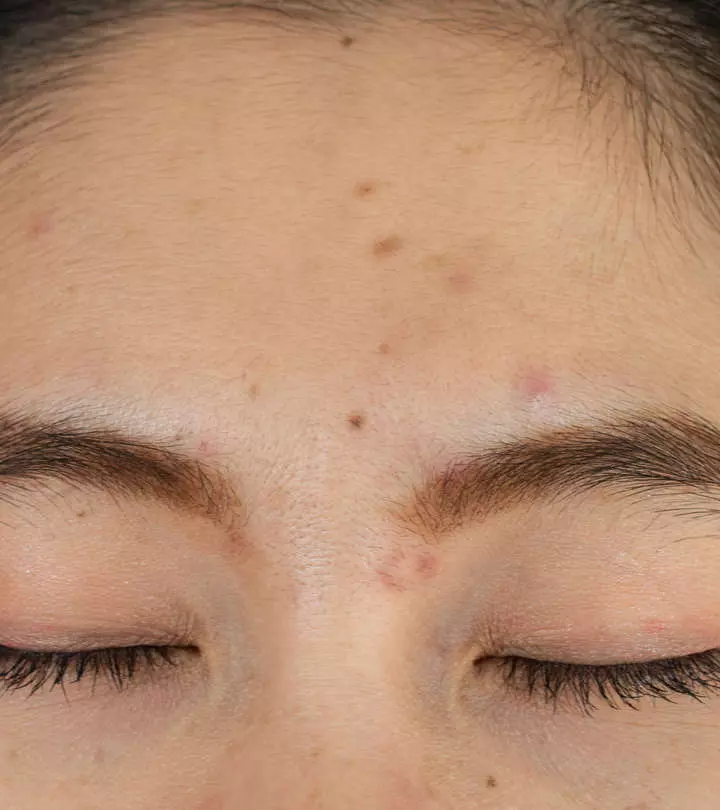
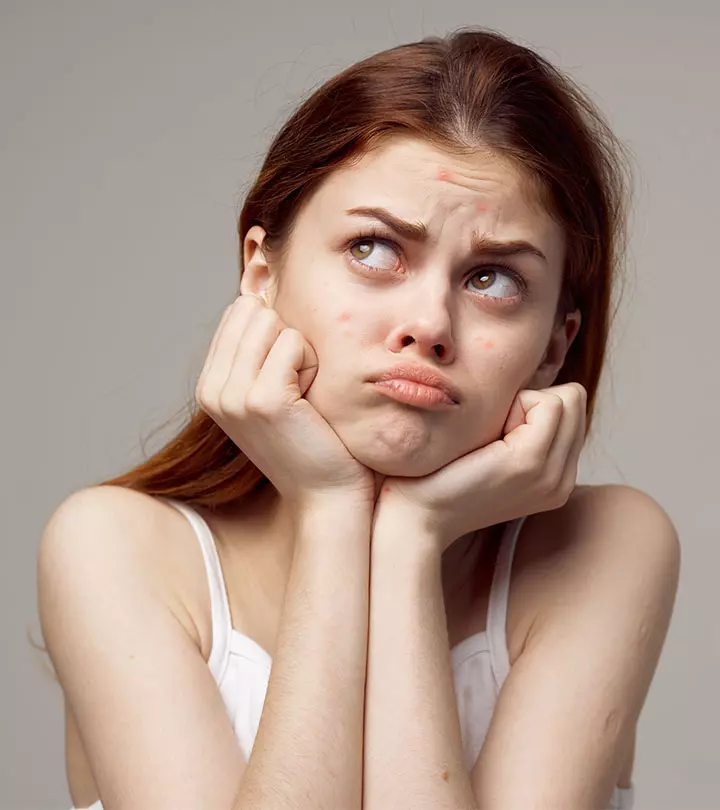
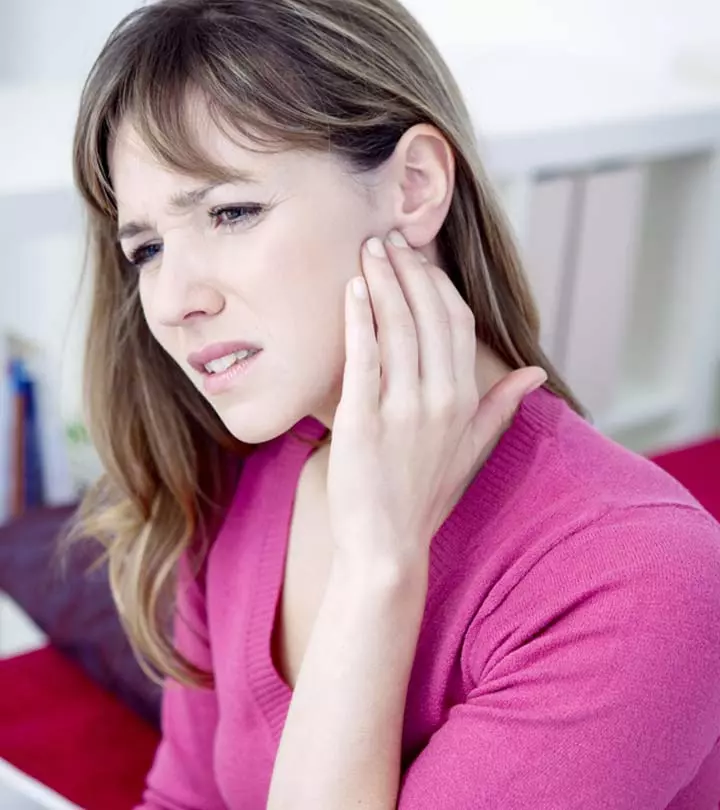
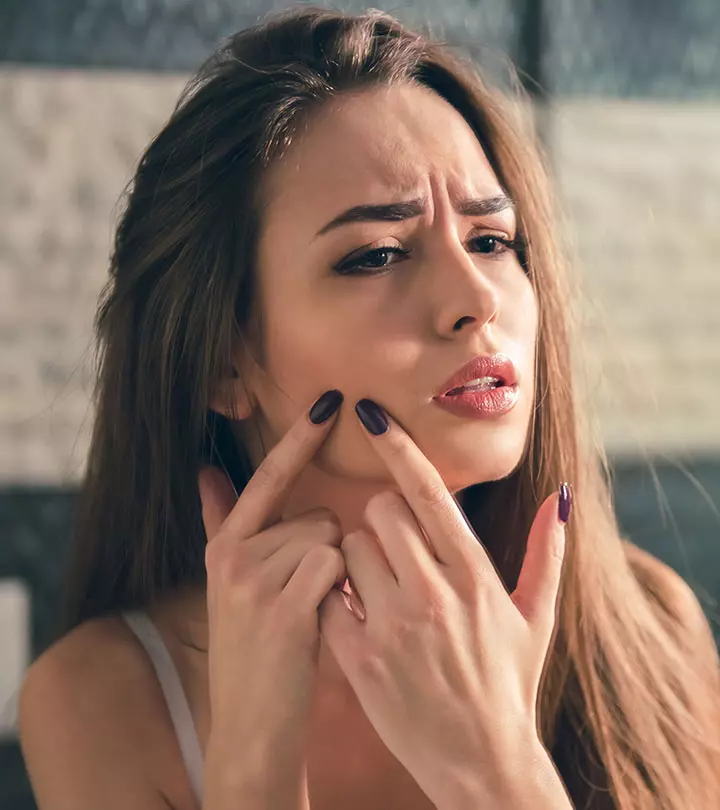

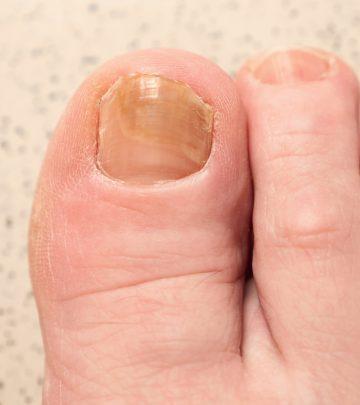
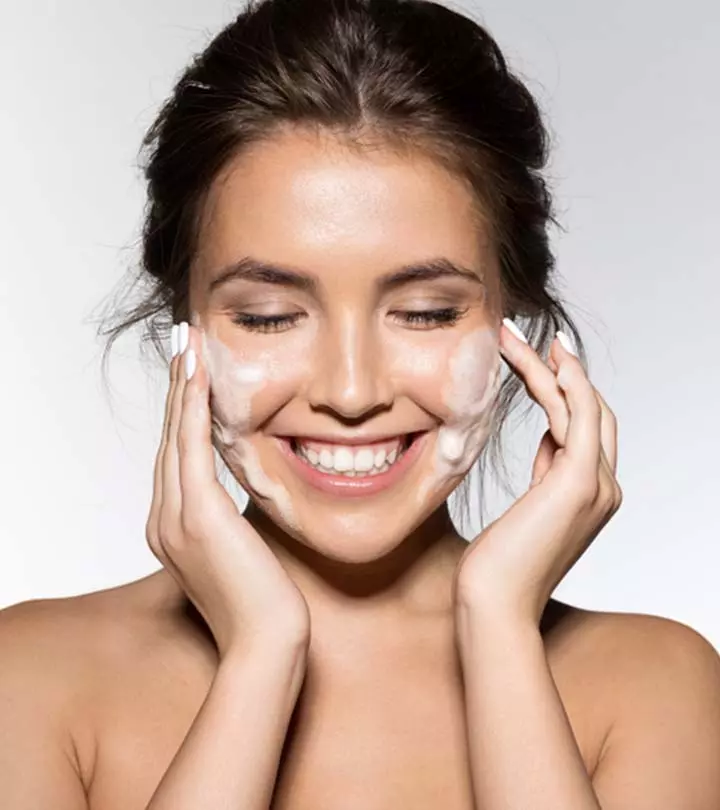
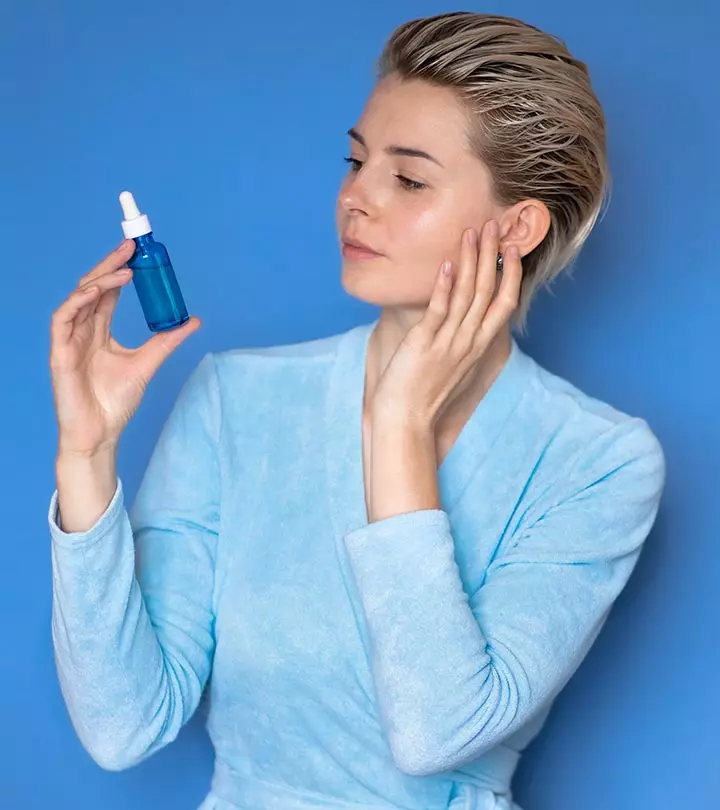
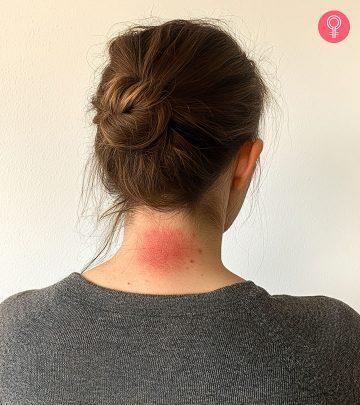
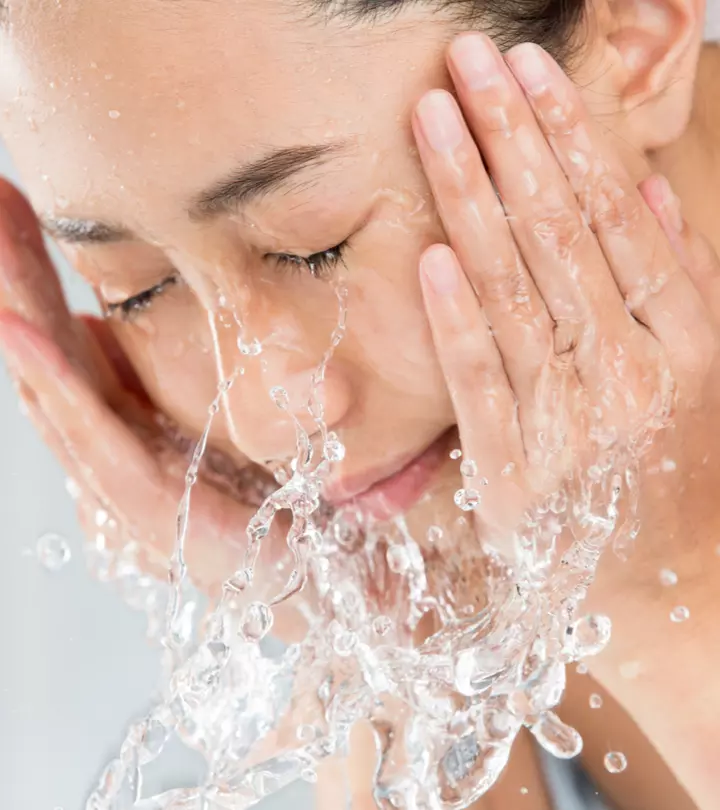
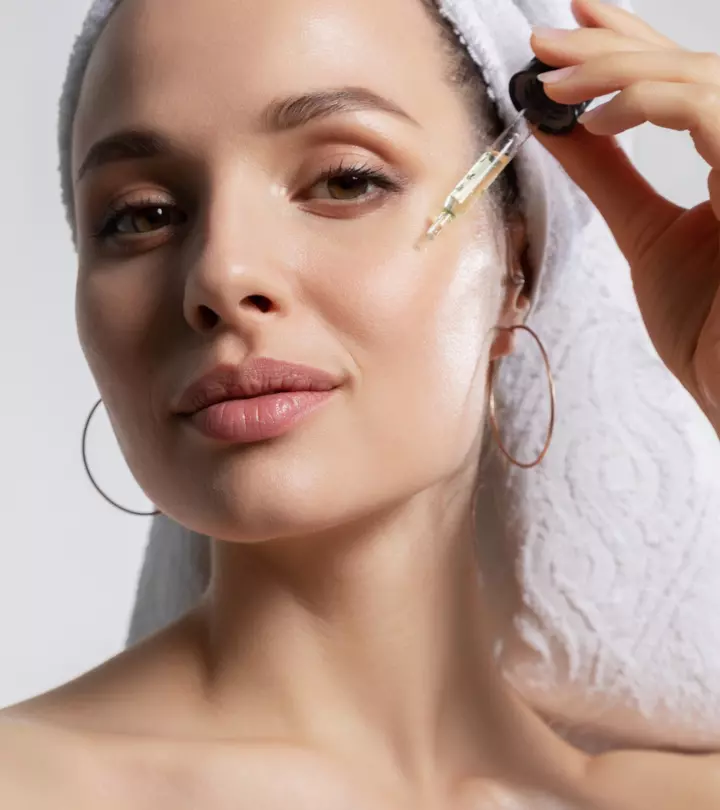
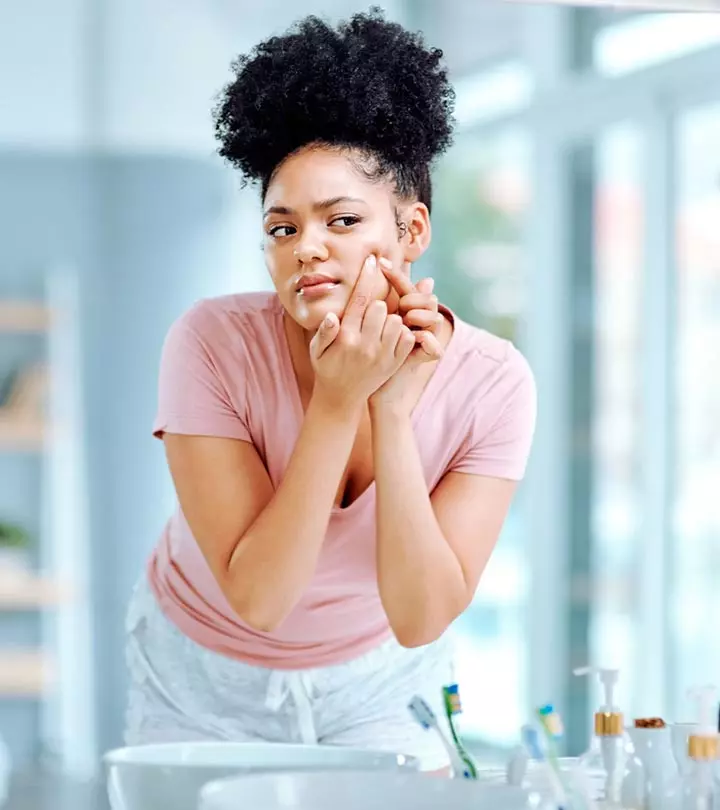
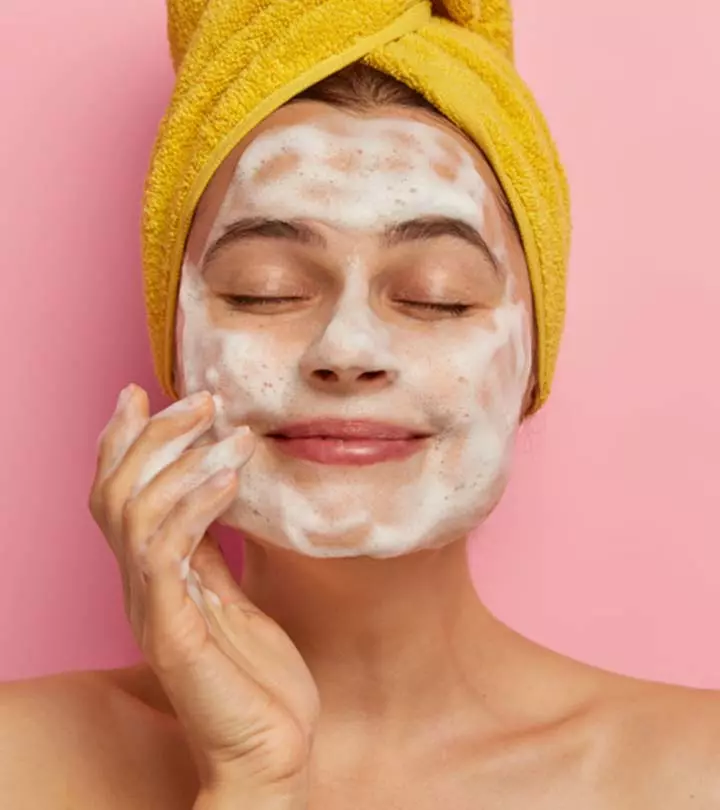
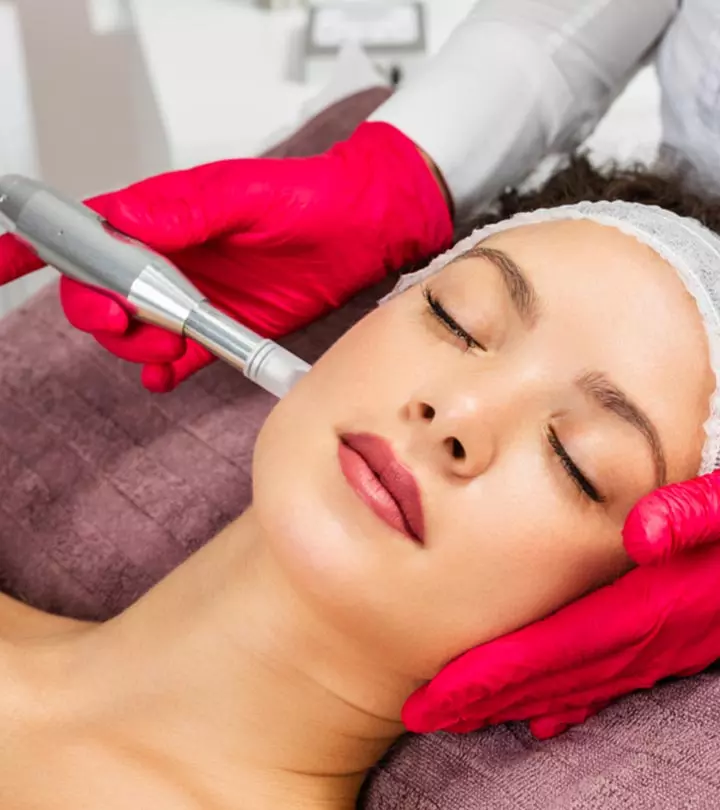
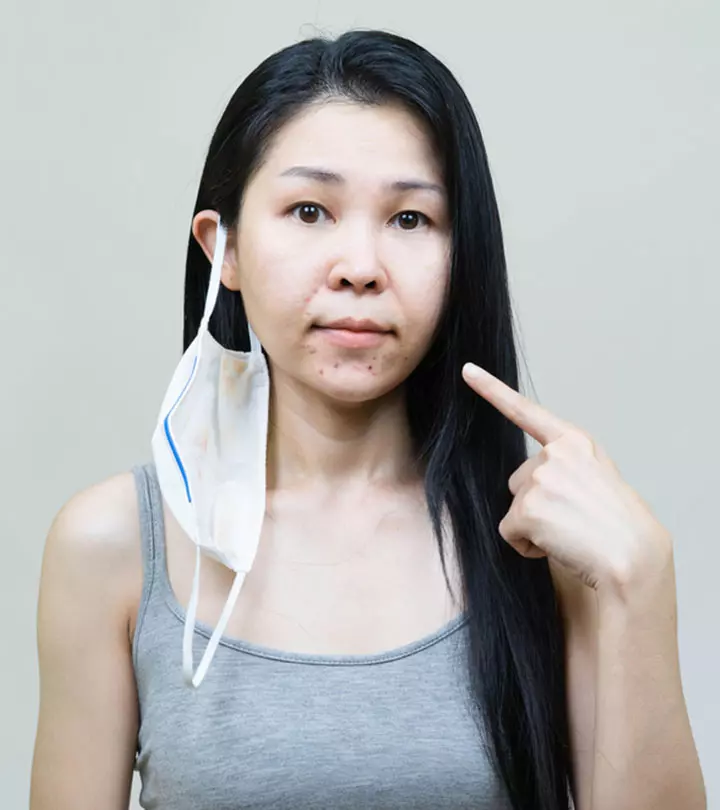
Community Experiences
Join the conversation and become a part of our empowering community! Share your stories, experiences, and insights to connect with other beauty, lifestyle, and health enthusiasts.